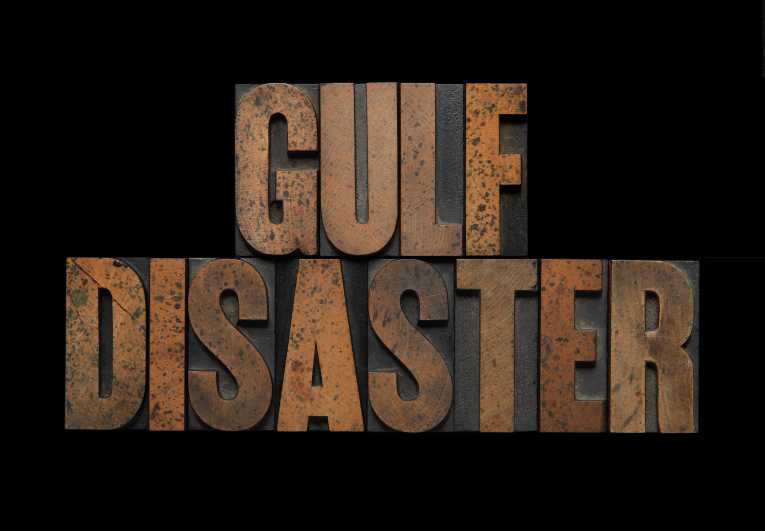This week marks a year since the worst oil spill in US history.
At around 10pm on 20 April 2010, BPs Deepwater Horizon rig exploded killing 11 workers and leading to 4.9 million barrels of oil flooding into the Gulf of Mexico. The ramifications of the disaster to the local community are still being felt. Fish populations have been decimated, leaving fish businesses in a woeful condition. Tourism firms running charter boats and sea trips have found revenue streams still unavailable.
Promises of direct action to mark the anniversary, discussions of compensation to be received from BP as well as a continuation of negative press coverage in the months after the disaster have left the company recognising they face a battle to win back trust.
As shareholders gathered in London for its first Annual General Meeting since the disaster, emotions ran high inside and outside. On the street outside London's Excel building, protests made headlines around the world with scuffles and one arrest reported. Pictures of Diane Wilson from Texas, a shrimp farmer and campaigner daubed in tar and being refused entry by police featured in newspapers and online. Five shareholders, fishermen who had travelled from the Gulf of Mexico, were refused entry as they too, covered in tar, were told there were fears they would disrupt the meeting. They were joined by several hundred unionists, contractors from a proposed £200 million ethanol biofuel plant in Hull, engaged in a row over employment with BP.
Inside the AGM, the mood was no calmer or conciliatory. An author from the Gulf Coast, Antonia Juhasz, read a statement from the father of Gordon Jones one of the 11 workers who died in the explosion. The BBC reported some in the hall tried to get onto the stage but were stopped by security staff.
Meanwhile, there was anger at paydeals being given to BP's top bosses. One lobby group termed the deals "wholly unacceptable" which see a £380,000 annual bonus going to Chief Financial Officer Byron Grote and another of £310,000 for Iain Conn, Chief Executive of Refining and Marketing. Tony Hayward, who was in charge at the height of the Deepwater crisis did not receive an annual bonus in 2010, yet he and the firm's former head of exploration Andy Inglis could still receive up to £8million and £6million respectively from vested performance shares. Chief executive Bob Dudley, who was presiding over his first AGM, did not receive a bonus for 2010.
Anger also swamped the meeting over a proposed Russian deal worth $8 billion in a share swap with Rosneft. The deal would allow BP to explore Russia's oil-rich Arctic yet a row with AAR, four oligarchs who partner BP in TNK-BP threatens to scupper it with legal objections. Amidst claims the proposal breaches an existing shareholder agreement, the deal has been postponed until mid-May.
With a quarter of shareholders opposing the re-election of Sir William Castell, BPs senior Independent Director and 15% against that of chairman Carl-Henric Svanberg the firm still has a long way to go to win back the support they lost in a turgid twelve months. BP PLC has lost a quarter of its market value, some £34 billion. A year on from Deepwater Horizon, the full impact for all those involved remains undefined.










